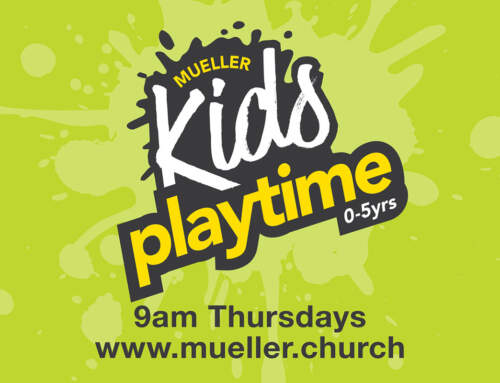“I just want to be happy!” “Surely I have a right to be happy?” “Why can’t I be happy like everybody else?” “I’ve spent my life looking after everyone else. Surely, I should be able to have some pleasure and do what I want.” I frequently hear these sorts of comments in my work. Is happiness a suitable goal for us to pursue? Wealthy people are no happier than other people and beautiful people are no happier than the average person. What is happiness? It might be defined as a temporary “high”, but what about when my world is falling in all around me? Let’s face it, life does not always go smoothly. Do I feel happy then? What if I feel sad? Am I scared of feeling sad? Advertisers and the media capitalise on our desire for happiness. Buy the latest gizmo and your life is going to be amazing. We have to get it, and funnily enough once we do, it loses its appeal pretty quickly, and my life still doesn’t look like the ones in the advertisement. One writer has suggested that the pursuit of happiness is expensive, time-consuming, and exhausting.
Rather than seeking happiness, maybe we should consider seeking ‘contentment’. Contentment is a longer lasting, deeper feeling of satisfaction and gratitude for people, blessings, life. There are some who might consider that by seeking contentment, they would be settling for mediocrity. That’s not the case. If I’m contented with my life, I’m satisfied with what I have and who I already am. That’s not to say I don’t strive to improve my situation – we should never stop learning and growing, but I am okay with who I am now.
Discontented people tend to focus on the ‘bad’ things in their lives and often come across as grumpy complainers. Friends and family will tend to avoid them which makes them feel worse and so the cycle continues. Rather than wishing we had something else, we do better to find contentment in what we do have.
In seeking contentment, what we are really aiming for is a wholeness in life. Life has its ups and downs, its joys and sadness. It’s not just the ‘happy’ feelings and good experiences that make us who we are, but also the sadness, disappointments, frustrations and failure. By acknowledging all of our feelings and allowing ourselves to experience them, we are more likely to develop wholeness and contentment. One of my favourite books in the Bible is the Book of Psalms. The Psalms are prayers and songs where people expressed the rawness of their emotions to God – the good, the bad and the ugly. Every single emotion we might experience is in that book and I often say to people that it’s fine to tell God exactly how they feel – that He can handle it. Not only does this help us spiritually, but there’s a great deal of evidence to show that being honest with ourselves benefits us emotionally.
Over the rest of this term, we’ll look more closely at contentment, how we develop it and encourage its development in our children’s lives.






